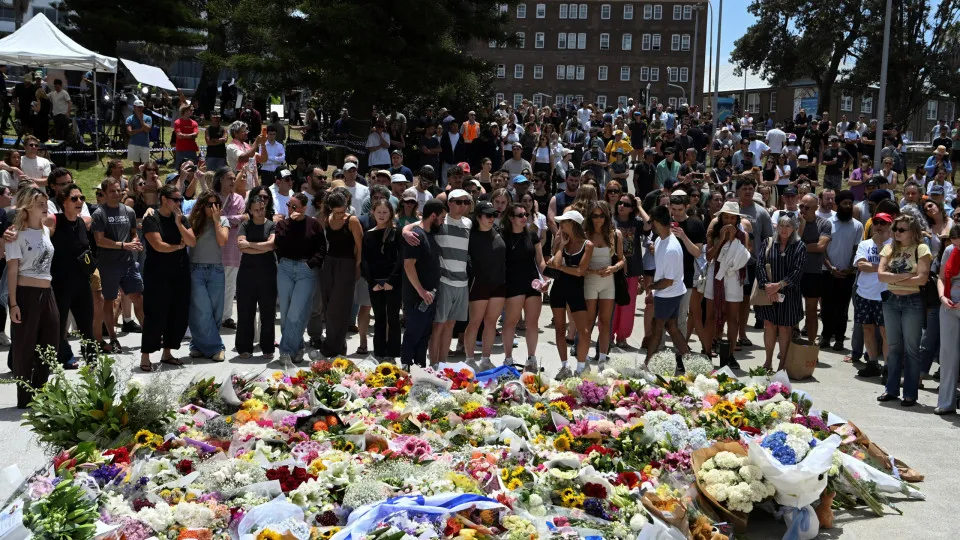Police are investigating the deadly mass shooting on Bondi Beach in Australia as having targeted Jewish people attending a Hanukkah event. Among the victims was a 10-year-old child and a Holocaust survivor who was killed protecting his wife.
Local media have named the two gunmen behind the attack as Sajid Akram, 50, who died at the scene, and his 24-year-old son, Naveed, who is in a critical condition in hospital.
Prime Minister Anthony Albanese has vowed to pursue tougher gun laws after the attack, despite the older attacker being licensed for recreational hunting and having been a member of a gun club.
This is not an isolated crime. Looking beyond Australia’s borders shows how other countries regulate firearms and what impact those regulations have on public safety.
Read on to learn more about gun policies, mass shootings, and their relationships in countries around the world.



